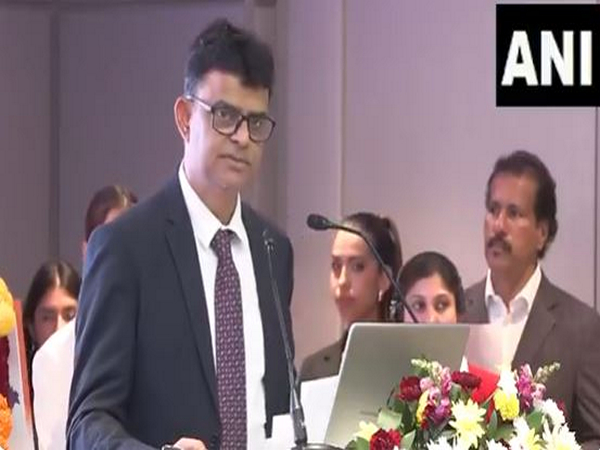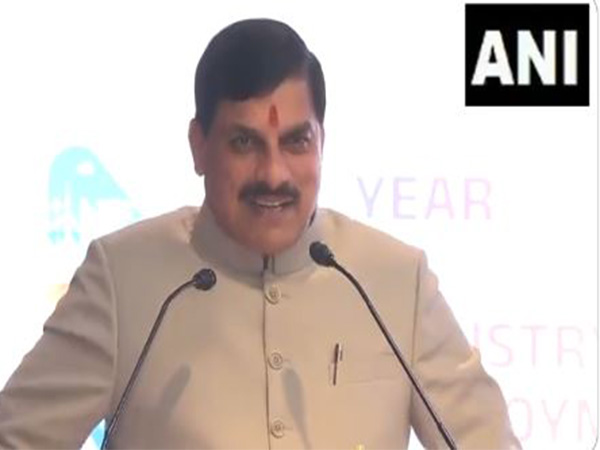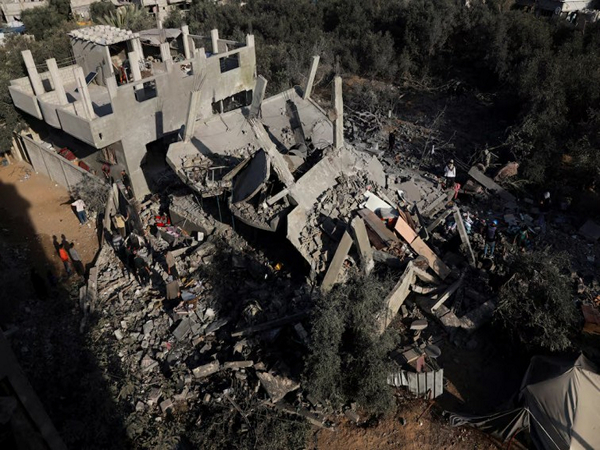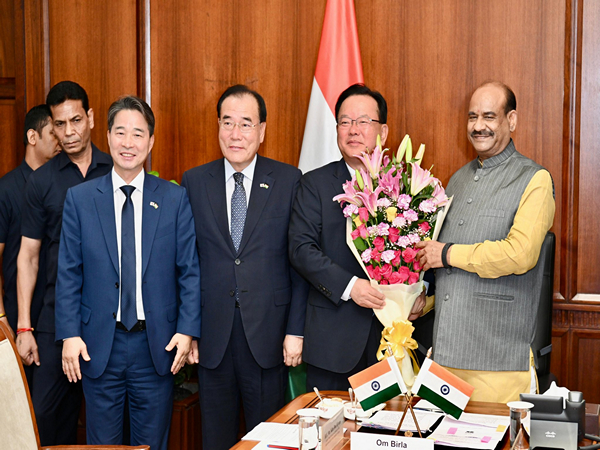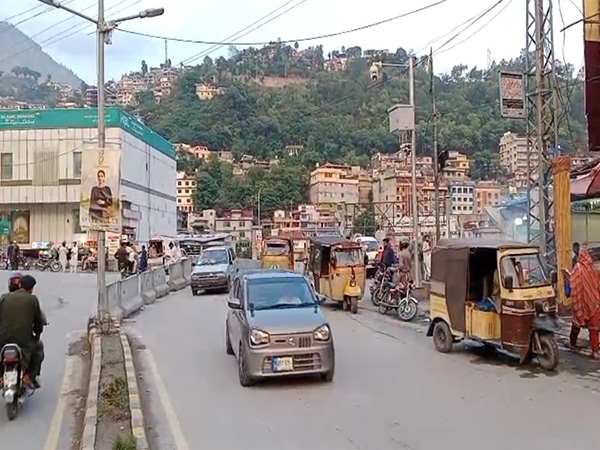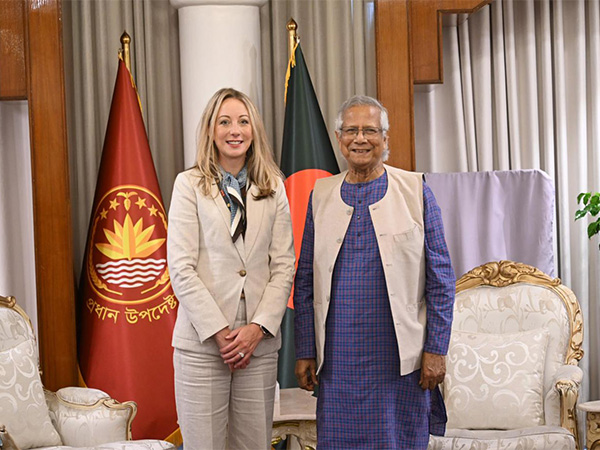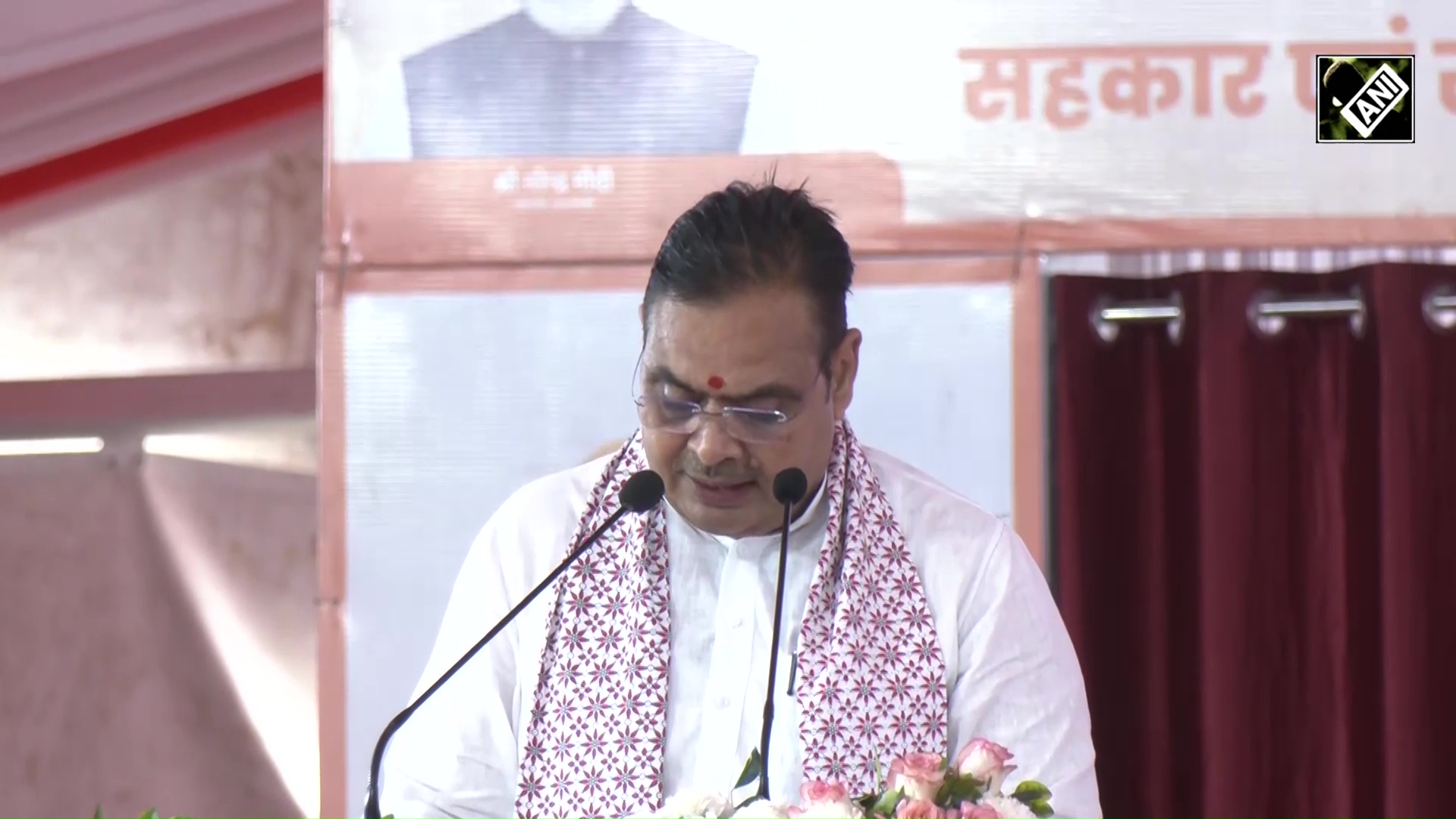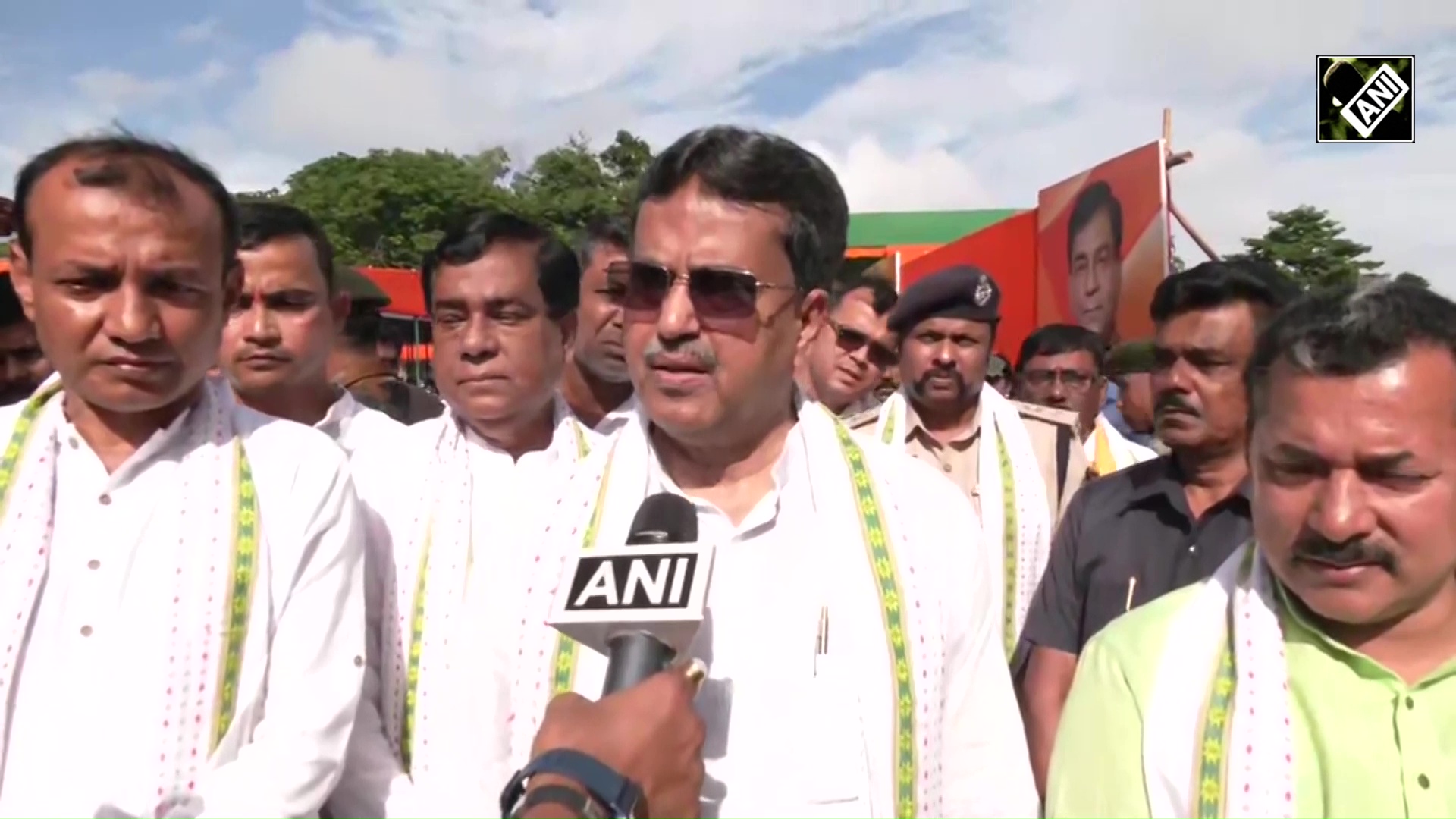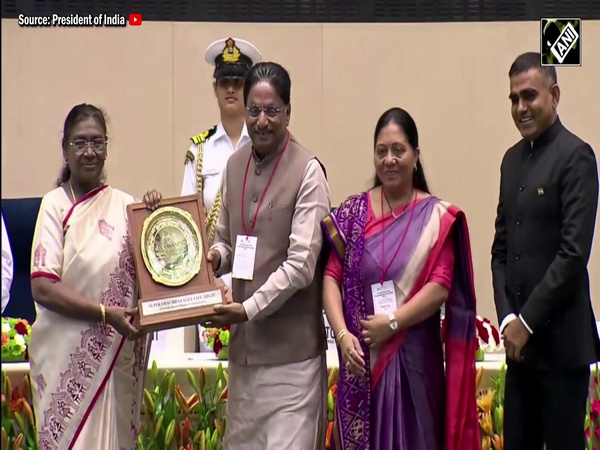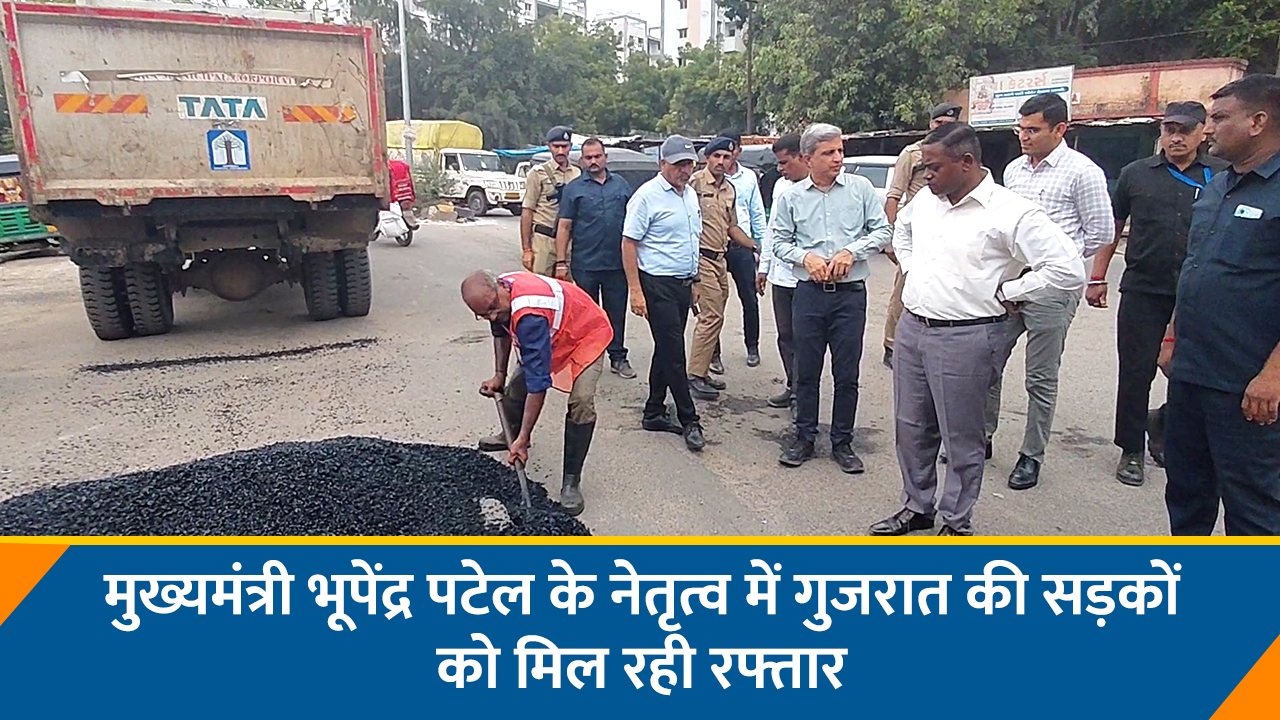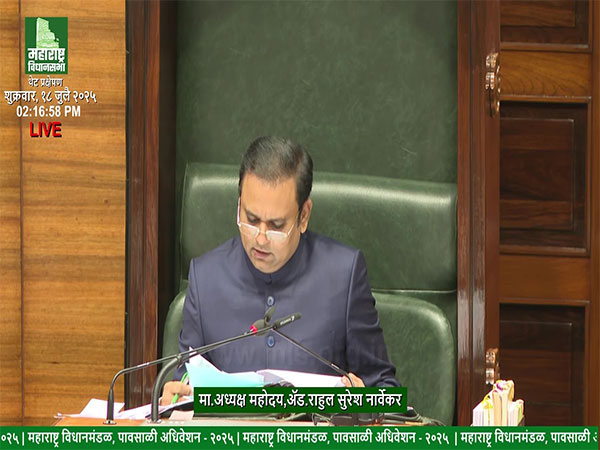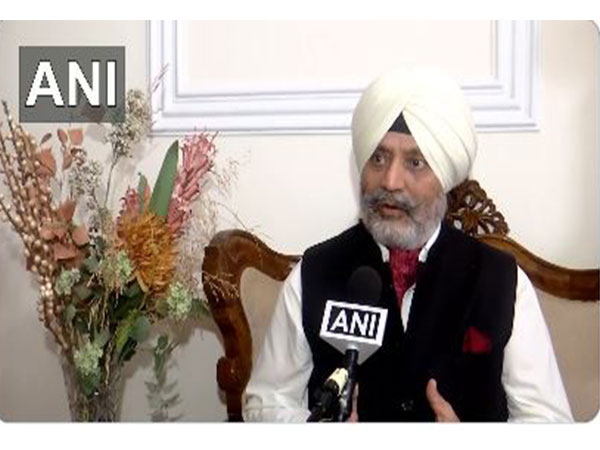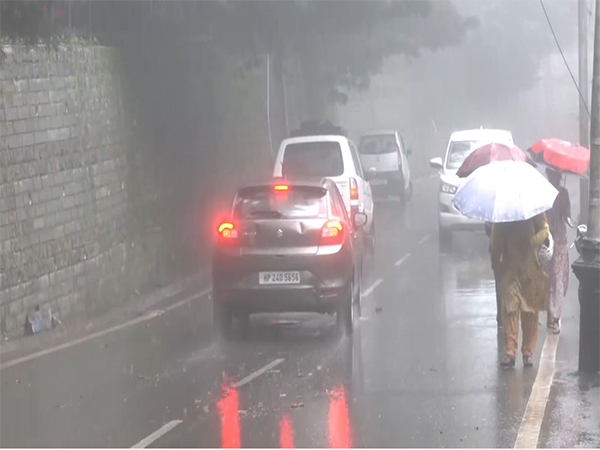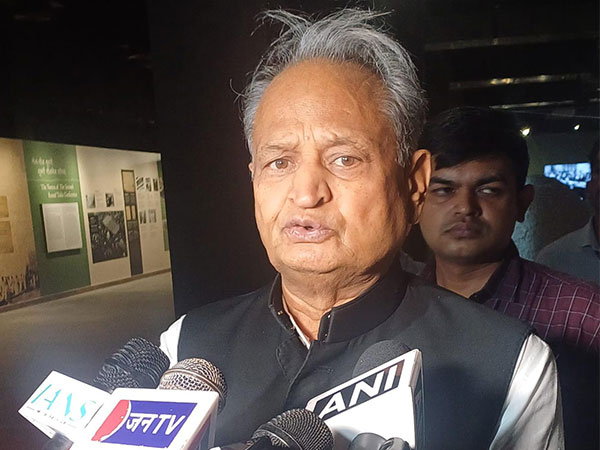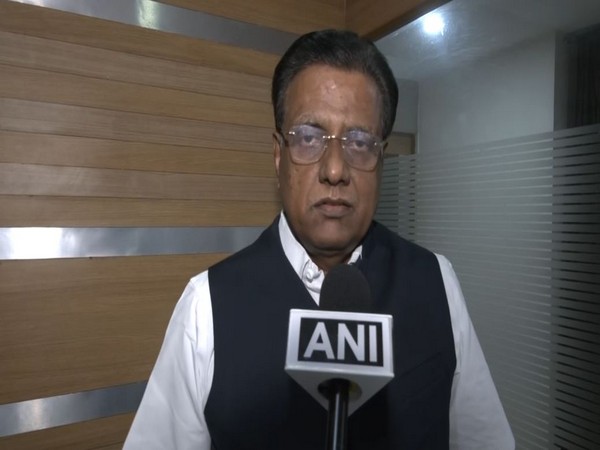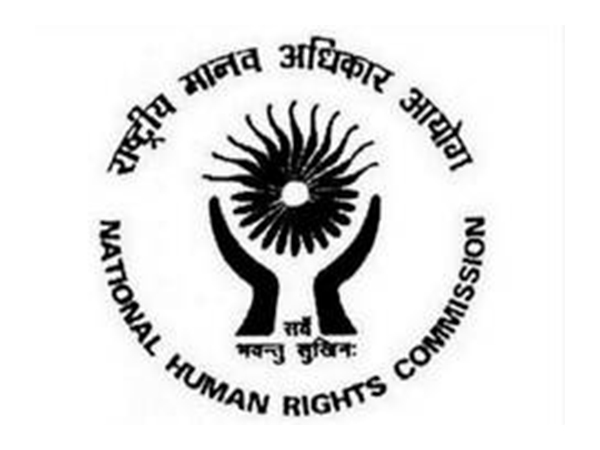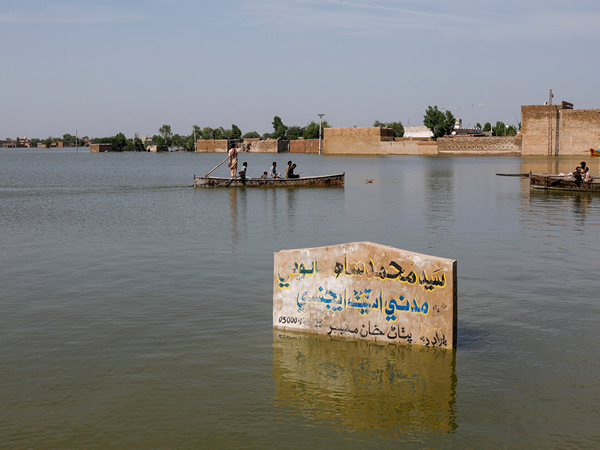
Pakistan: Indus River swells in Punjab's Kalabagh as monsoon rains trigger medium-level flooding
Jul 18, 2025
Lahore [Pakistan], July 18 : Flooding at Punjab's Kalabagh on the Indus River reached a "medium" level on Friday, while low-level floods were reported at four other locations due to heavy monsoon rains and glacial melting, the Punjab Provincial Disaster Management Authority (PDMA) said, Dawn reported.
Rescue operations continued in flood-affected areas of Punjab, where at least 63 people have died as a result of recent heavy rainfall. The National Disaster Management Authority (NDMA) has warned of five more spells of monsoon rains in the coming weeks, which could further elevate water levels, Dawn reported.
"The flow of water in rivers is increasing due to monsoon rains and glacial melting," the PDMA spokesperson said in a statement.
According to the Flood Forecasting Division of the Met Office, as of 1 pm Friday, Kalabagh recorded a medium-level flood with "steady" water inflow at 447,941 cusecs and outflow at 440,391. Low-level flooding was also reported at Chashma Barrage, Tarbela Dam, and at Guddu and Sukkur barrages in Sindh. While Tarbela and Guddu showed falling water levels, Chashma saw a rise, and Sukkur remained steady, Dawn noted.
Water levels at Ravi, Chenab, and Sutlej rivers, as well as the irrigation system in Dera Ghazi Khan, were reported to be normal, according to PDMA data.
As per a statement, Mangla Dam was 47 per cent full, Tarbela was 79 per cent full, and Indian dams on the Sutlej, Beas, and Ravi rivers were at up to 36 per cent capacity.
Dawn reported that authorities imposed Section 144 and declared a state of emergency in multiple Punjab districts. NDMA Chairman Lt Gen Inam Haider Malik was quoted as saying, "This year's monsoon intensity is 60-70 per cent higher than last year, and averaging 65 per cent more than anticipated across the region."
Since the start of monsoon rains on June 26, 181 people have died and 491 have been injured nationwide, according to the NDMA website. PDMA Director General Irfan Ali Kathia directed local administrations to remain on high alert.
"PDMA Control Room and District Emergency Operation Centres are monitoring the situation 24/7," DG Kathia said in a statement, urging the public to avoid unnecessary travel and stay away from electric wires and poles. Dawn quoted him saying, "More than 1000 people were rescued along the Potohar plateau, including 398 citizens in Jhelum, 209 in Chakwal, and 450 in Rawalpindi."
"No loss of life has been reported yet due to anyone getting caught in the floodwater," the PDMA DG added. The district administration and Pakistan Army participated in the rescue efforts, with helicopters deployed in areas inaccessible by boat.
"Monsoon rains are predicted to be more than usual this year," DG Kathia stressed, adding that "all resources would be utilised to protect citizens."
In another statement, Rescue 1122 spokesperson Farooq Ahmad detailed casualties and damages caused by the monsoon since June 25. According to Dawn, the statement confirmed 109 deaths, 438 severely injured individuals, 307 given first aid, and 745 provided with rescue services.
Lahore recorded the highest death toll with 24 fatalities, followed by 15 in Faisalabad, 11 in Sheikhupura, 10 in Rawalpindi, eight in Okara, seven in Bahawalnagar, and 34 across other districts of Punjab.
Most casualties were linked to house collapse incidents, with 351 cases reported due to deteriorating infrastructure. Rescue 1122 also recorded 61 traffic accidents, 22 electrocutions, and four lightning-related deaths.
Dawn reported that a total of 15,000 rescue personnel have been deployed across Punjab, with 800 boats on standby. Punjab accounted for the majority of monsoon casualties, recording 103 deaths and 385 injuries. Khyber Pakhtunkhwa reported 40 deaths, Sindh 20, Balochistan 16, and one each in Azad Kashmir and Islamabad.
Pakistan experiences monsoon rains from June to September, which often result in flooding, landslides, and displacement in vulnerable areas.
On Thursday, Prime Minister Shehbaz Sharif directed the NDMA and relevant federal ministries to engage provinces in forming a comprehensive disaster management plan, based on lessons learned from this season's extreme weather events, Dawn added.
